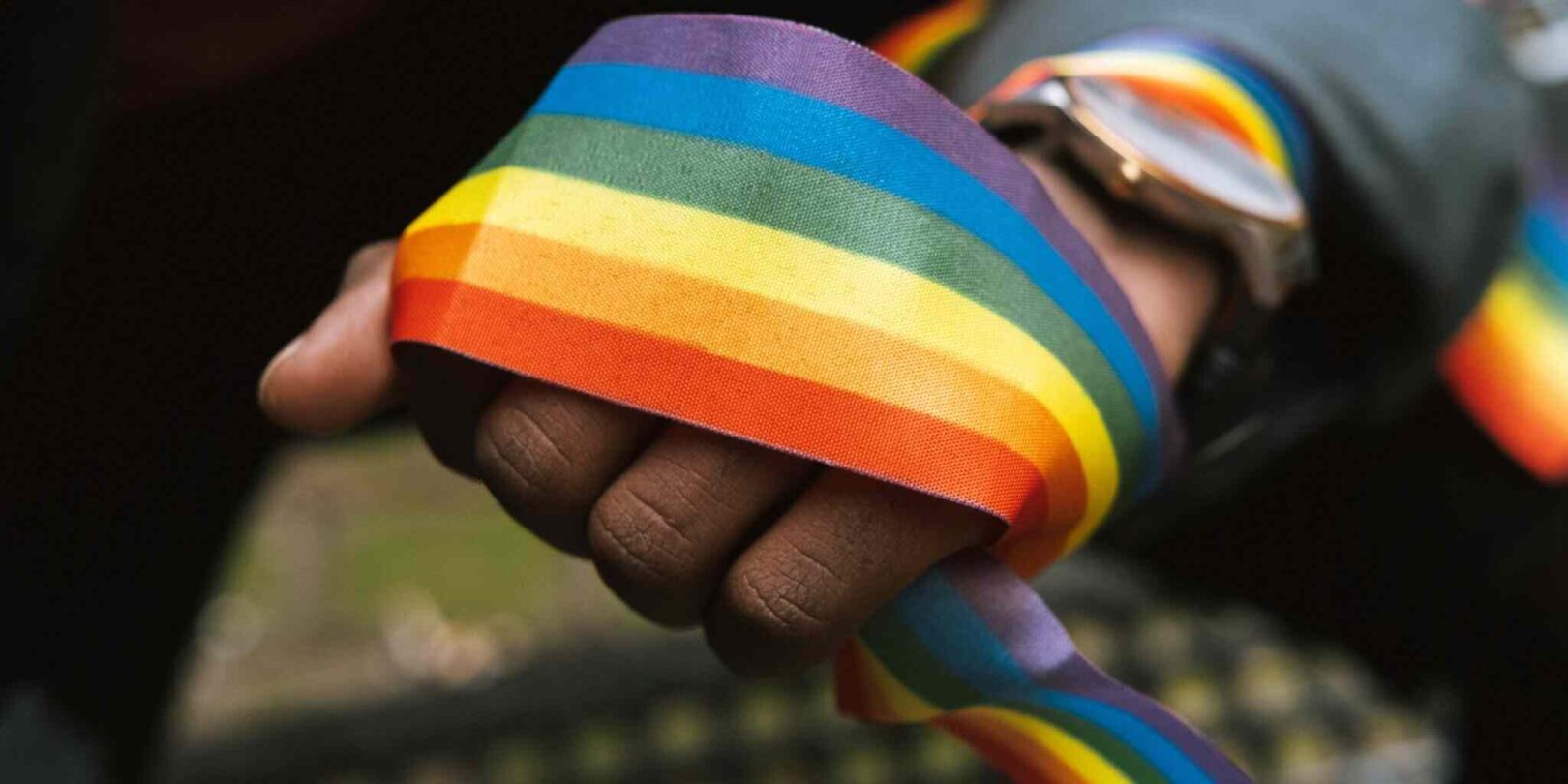
By Qussai Ramzi, this article was originally published at IMIX. Qussai Ramzi is a member of Rainbow Migration‘s campaigns advisory group
When I think of pride, I think of joy and freedom, of celebrating one’s identity and all its intersections both inwardly and outwardly. I also think of celebratory marches decorated with rainbow flags that tower over the streets and buildings, of all the times I’ve marched hand-in-hand with friends and family (chosen and otherwise), showing up in our full glory.
The chants of our pride are far-reaching, but there are places where they do not echo. Surprisingly, these places actually exist in this country. They are places where pride does not occur and within whose walls people yearn to celebrate with us and to enjoy the same freedoms we enjoy and take for granted, but can’t.
These places I am talking about are none other than the immigration detention facilities that are scattered all over the UK. Their intent is to police, among others, those who come to this country seeking safety from persecution for reasons that include their sexual orientation and gender identity/expression. Behind the walls of these facilities, visibility can be dangerous, and the suppression of gender and sexual diversity can be imperative to survival.
We are not all born equal, and this is a fact illustrated by the mere idea that some of us must claim asylum to evade death and persecution, and in the process will be subjected to not only the fatal process of fleeing, but also to being locked up upon reaching “safety”.
The right to asylum is enshrined in the Universal Declaration of Human Rights and the 1951 Refugee Convention, of which the UK is a signatory. Why then, are those seeking asylum continually framed as a security threat? And why are human rights slowly being dismantled at every juncture in the UK? As the government is trying to rid itself of its responsibilities by passing the Nationality and Borders Act and by sending people seeking safety in the UK 4,000 miles away to Rwanda, unknown numbers of LGBTQI+ people are being held in immigration detention, not knowing their fate. They are detained without courts or judges, in prison-like conditions, and for unlimited amounts of time.
Conditions in immigration detention are not good for anyone and are particularly unsafe for LGBTQI+ people, for whom the impact of detention can be devastating. It deprives them of their freedom and cuts them off from support networks. For those trying to “prove” their sexual orientation or gender identity to the Home Office as part of an asylum claim, being forced into the closet to stay safe in detention is a huge setback. LGBTQI+ people in detention experience discrimination, bullying and violence, which can re-traumatise those who have fled violent persecution elsewhere.
I am not new to campaigning on human rights issues. When approached to join Rainbow Migration’s Campaigns Advisory Group, I felt it important to call for an end to LGBTQI+ detention and a 28-day time limit for all immigration detention. I’ve worked on Refugee and Migrant Rights campaigns before as part of my role at Amnesty International UK, and have worked with refugees in detention at The Bike Project and heard heartbreaking stories. Their stories and their tireless calls for an end to detention remain widely unheard, and are outside the scope of most LGBTQI+ rights campaigns.
We launched our campaign No Pride in Detention: End the Detention of LGBTQI+ People, because nobody should be detained indefinitely with no idea when they might be set free, and no LGBTQI+ person should be locked up and subjected to LGBTQI-phobic bullying and abuse. The engagement and mobilisation of LGBTQI+ communities on this issue is imperative to affecting change, and if enough people are willing to take action, enough pressure can be placed on the government to reform this issue, and the wider injustices of the immigration/asylum system.
Strides have been made already, with the government recognising that trans and intersex people are particularly at risk of harm in detention and should not be detained in most circumstances. But this policy must be widened to include all LGBTQI+ people. We believe that the exclusion of LGBTQI+ people from detention will increase the pressure on government to explore and invest in alternatives to detention that are more humane and recognise the vulnerabilities and risks faced by the LGBTQ+ community. Immigration detention is not the right solution for anyone and wider reforms are needed, supporting people to resolve their immigration status within the community.
As we go out and celebrate this month, let us also try to reflect on how our freedom is tied to the freedom and liberation of others, and that we are not entirely free when some of us are locked up while seeking safety from persecution.
Let us not only envision, but also fight for a world where no-one can be held indefinitely without a charge, where no LGBTQI+ people are detained and where humane, community-based alternatives are developed.
